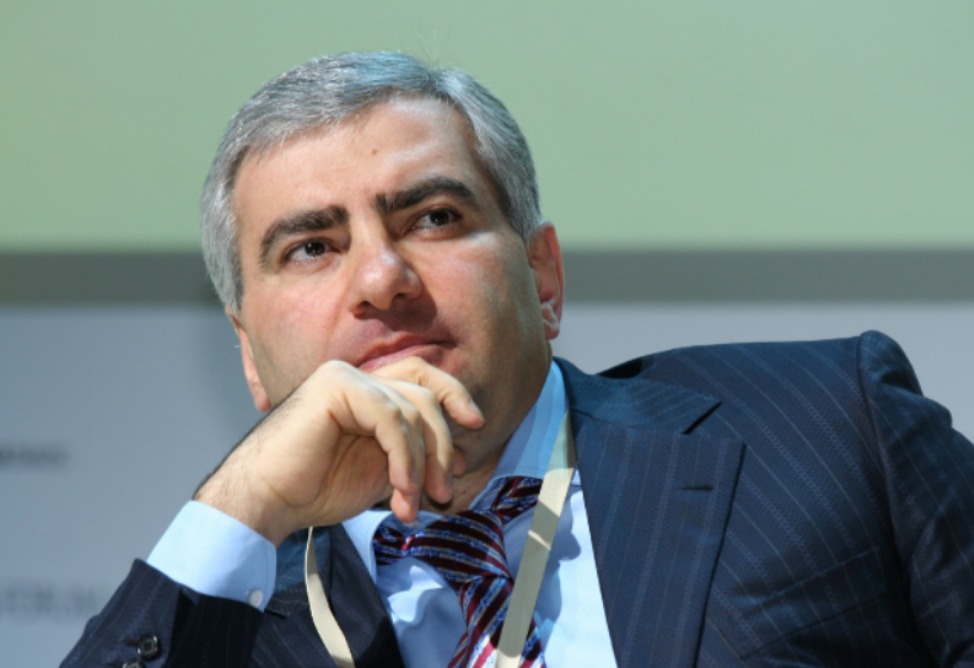OSCE Minsk Group co-chairs urge Karabakh conflict sides not to escalate tension on Armenia-Azerbaijan border
13.11.2014,
12:11
OSCE Minsk Group Co-chairs Igor Popov (Russia), James Warlick (the Unites States) and Pierre Andrieu (France) issued a statement on Wednesday expressing their concern over the downing of a helicopter near the contact line between Nagorno-Karabakh and Azerbaijan.

YEREVAN, November 13. /ARKA/. OSCE Minsk Group Co-chairs Igor Popov (Russia), James Warlick (the Unites States) and Pierre Andrieu (France) issued a statement on Wednesday expressing their concern over the downing of a helicopter near the contact line between Nagorno-Karabakh and Azerbaijan.
On Wednesday, Nagorno-Karabakh Republic's defense ministry reported that Azerbaijani troops downed a helicopter of Nagorno-Karabakh army during its training flight.
“The Minsk Group Co-Chairs (Ambassadors Igor Popov of the Russian Federation, James Warlick of the United States, and Pierre Andrieu of France) express our very serious concern about the downing of a helicopter near the Line of Contact and the recent violence. We regret the loss of life and express our condolences to the families,” the statement says. “We strongly appeal to the sides to avoid steps that would escalate tension along the Line of Contact and Armenia-Azerbaijan border.”
The co-chairs say in their statement that region cannot afford another round of violence like the one that they witnessed this summer.
“Today's events remind us of the volatility of the Nagorno-Karabakh conflict and the urgency to intensify efforts to find a lasting settlement. We remain resolved to assist the sides in any way possible,” they say.
The OSCE Minsk Group co-chairs also remind Armenian and Azerbaijani presidents of their responsibilities to respect the ceasefire and honour the commitments they made in Sochi, Newport, and Paris to find a peaceful resolution to the conflict.
“We also encourage them to adopt confidence-building measures now that would increase transparency along the Line of Contact and the Armenia-Azerbaijan border, and reduce the likelihood of events like today's incident,” they say.
Karabakh conflict broke out in 1988 when Karabakh, mainly populated by Armenians, declared its independence from Azerbaijan. On December 10, 1991, a few days after the collapse of the Soviet Union, a referendum took place in Nagorno-Karabakh, and the majority of the population (99.89%) voted for secession from Azerbaijan. Afterwards, large-scale military operations began. As a result, Azerbaijan lost control over Nagorno-Karabakh and the seven regions adjacent to it. Some 30,000 people were killed in this war and about one million people fled their homes. On May 12, 1994, the Bishkek cease-fire agreement put an end to the military operations. Since 1992, talks brokered by OSCE Minsk Group are being held over peaceful settlement of the conflict. The group is co-chaired by USA, Russia and France. -0---



